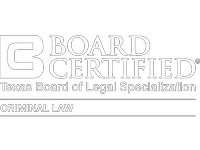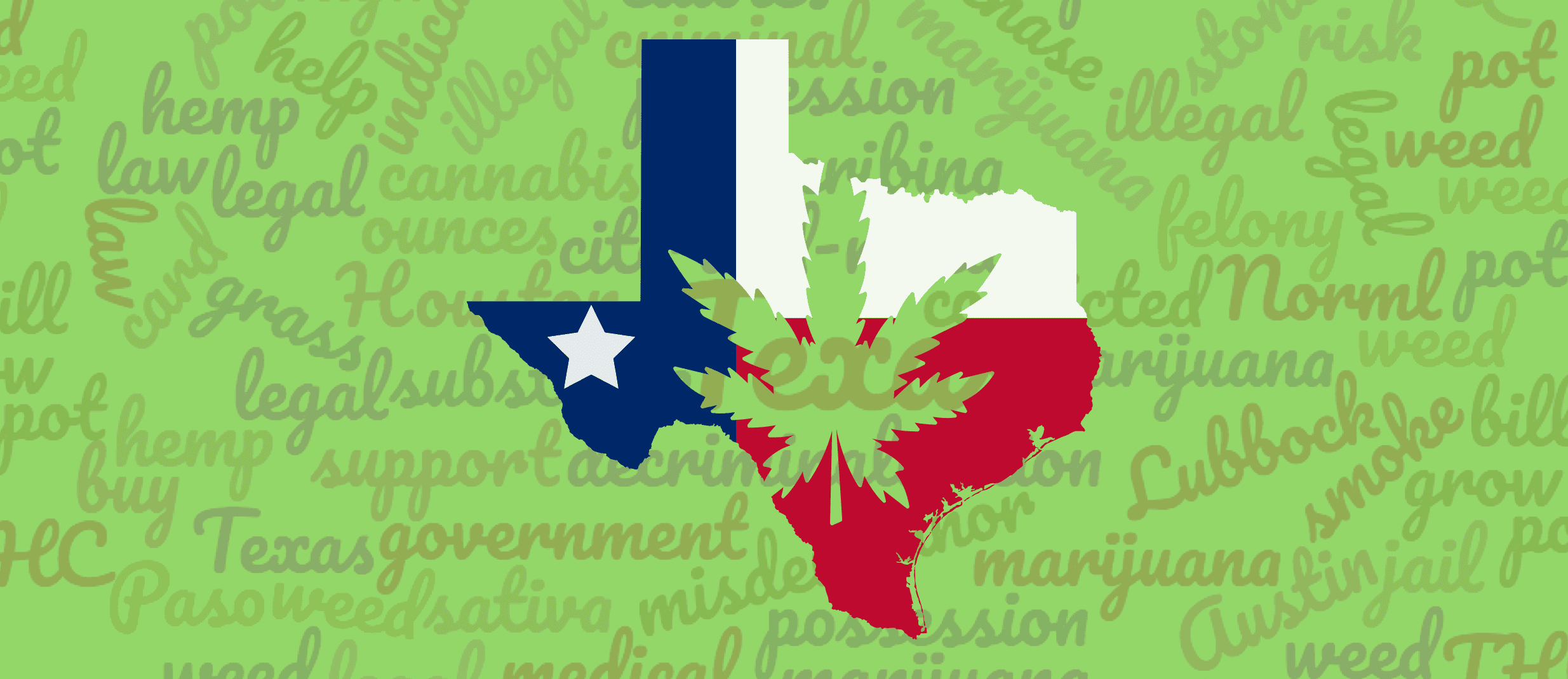

No. Marijuana, or Cannabis sativa (L.) is still illegal to possess in Texas. However, in June of this year, the Texas legislature carved out an exception to the definition of marijuana. As long as the tetrahydrocannabinol (THC) concentration is not more than 0.3%, based on a dry weight basis, the plant is considered “hemp,” which is legal to possess in Texas. However, it is still illegal to possess any substance other than hemp that contains any amount of THC, such as gummies, wax, and vape pen cartridges.
Yes. Cannabidiol (CBD) oil is legal in Texas. However, CBD products are not currently being thoroughly monitored or tested by the Federal Drug Administration, so there is very little quality control as to what actual ingredients are contained in CBD products. It is therefore possible that CBD products could actually contain THC, making them illegal under Texas law, so caution is recommended in purchasing them.
Yes, but only in certain cases. In the proper circumstances, a properly qualified medical professional can prescribe low-THC cannabis (not more than 0.5% THC by weight) for a permanent Texas resident with the following conditions:
Yes. Just because marijuana or THC products may be legal in other states, you are not able to legally bring them into Texas.
We have written extensively about the risk of driving marijuana or THC containing edibles from Colorado into Texas.
It is probably inevitable that Texas will follow the decriminalization trend spreading across the rest of the country, but based upon the conservative nature of this part of the world, it may well take longer than most states.
Decriminalization is simply the action or process of ceasing to treat something as illegal or a criminal offense.
Yes. Marijuana and “weed” are the same thing as cannabis, as long as the THC concentration is over 0.3% based upon dry weight.
It is only legal to possess Cannabis sativa (L.), better known as hemp, with a THC concentration of less than 0.3% THC, as determined by dry weight. Possession of any other substance containing THC is still illegal in Texas.
The Texas Department of Public Safety (“DPS”) has taken the position that if a person is caught with less than four ounces of suspected marijuana, that person is to be given a citation and released, with the understanding that a later court appearance will be required, and the person will be prosecuted as if an arrest had actually occurred. However, this “cite and release” policy only applies to people who reside in the same county the alleged offense occurred in. If you are out of your county, you are subject to arrest.
Also, DPS gives consideration to the wishes of the prosecutors in their jurisdictions. If a particular prosecutor wants everyone arrested, DPS will honor that request. In those counties, everyone caught with marijuana will still be arrested.
Other individual jurisdictions have their own policies regarding whether to cite and release alleged marijuana violators. You should check with your local law enforcement agency to determine what policy you are subject to.
House Bill 3703 provides protection for a student who has been legally prescribed medical cannabis. Additionally, it establishes protection for those that produce, transport or otherwise handle medical marijuana in Texas. The bill also provides for the establishment of medical cannabis research programs and dispensaries. Qualifications for prescribing physicians are also established.
House Bill 63 was an effort to reduce the initial penalty for possession of an ounce or less of marijuana to a Class C misdemeanor. The bill passed the Texas House 103-42, but it died in the Senate. Consequently, possession of any amount of marijuana remains an offense punishable by up to 180 days in jail.
House Bill 1325 gives people the ability to cultivate and possess hemp, which is defined as Cannabis sativa (L.) having a concentration of less than 0.3% THC, as determined by dry weight. All other cannabis with a concentration of more than 0.3% is still considered to be marijuana and is still illegal to possess in Texas.
Yes. Possession of more 2-4 ounces of marijuana in a Drug Free Zone, or possession of more than 4 ounces of marijuana in any circumstance is a felony offense in Texas.
In Texas, possession of marijuana itself is classified by weight, and any amount of less than four ounces is normally a misdemeanor. HOWEVER, possession of any other substance that contains THC is a FELONY, no matter the weight. A single gummie that contains THC is a state jail felony and carries a potential punishment of two years in jail, while more than four grams can result in a prison sentence of up to twenty years.
If you want to change the laws regarding marijuana in Texas, you need to make your voice heard with your local representative, either in person, by phone, by email or any other method that you can think of. You can also join and support activist organizations that share your views, such as Texas Norml, the Austin chapter for the National Organization for the Reform of Marijuana Laws.
If you have a qualifying condition and are a permanent Texas resident, a properly qualified physician can prescribe low-THC cannabis, as long as the physician determines the risk of use is reasonable in light of the benefit it can provide the patient.
New Mexico has recently begun issuing medical marijuana cards to out-of-state residents, based upon a recent court decision by a New Mexico court. However, it is important to understand two things: (1) the New Mexico government intends to appeal the court’s ruling, meaning it may be changed later; and (2) even if a Texas resident gets a card to purchase marijuana in New Mexico, he/she can NOT legally bring it back to Texas.
Yes. Possessing any amount of useable marijuana in Texas is still an arrestable offense.
You should hire an attorney immediately, and if you cannot afford one, you should seek to have an attorney appointed to represent you. A conviction for even the smallest amount of marijuana can have far-reaching consequences, including a driver’s license suspension and serious effects on your ability to get student loans for college. Employment opportunities can also be substantially affected by a drug conviction.
That depends. You will have an arrest record any time you go to jail, and you will certainly have a permanent record if you are convicted of possession of marijuana. However, if your lawyer is able to get the case dismissed or “no-filed,” you can usually seek an expunction, which is a legal proceeding that results in everything about the arrest being removed from your record. You would then also be able to legally deny the arrest ever even happened.
While you may not arrested initially, depending on the policy of the jurisdiction you are in, you will still face up to 180 days in jail for possessing even the smallest amount of useable marijuana.
You need a good lawyer who is experienced in fighting these types of cases. A working knowledge of the legalities of detention and the law of search and seizure is critical in helping you get the right result, and if the prosecutor knows your lawyer will fight for you, you are much more likely to get a favorable result.
Available for appointments in our office, phone and video conference.
Whether you were charged in Lubbock, the panhandle or elsewhere in Texas, our law firm is taking on new clients and happy to provide legal advice.
No obligation, confidential and complementary!